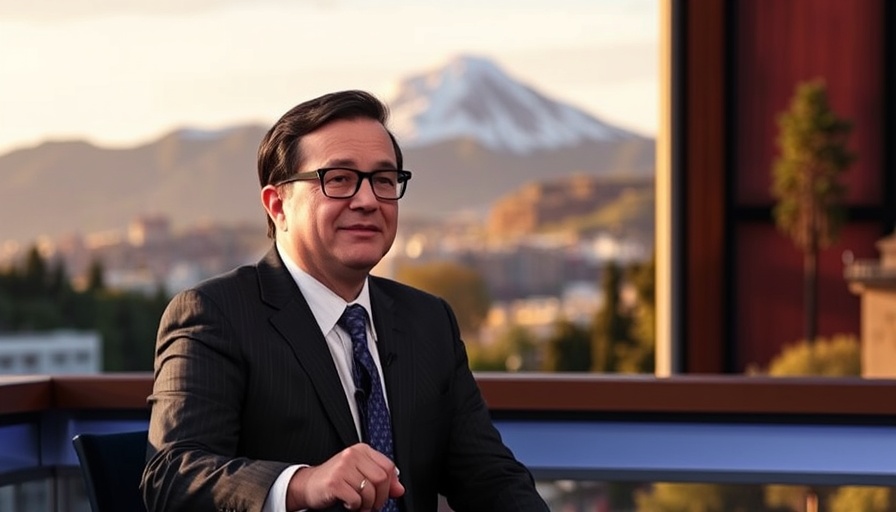
A Call for Equal Pay: The Impact of Lilly Ledbetter
Oscar-nominated actress Patricia Clarkson portrays the late equal pay activist Lilly Ledbetter in her new biopic. With the film's release coinciding with a politically charged atmosphere under a second Trump administration, Clarkson draws attention to the relevance of Ledbetter’s fight for fair pay. The story reflects not only a personal battle but a larger social issue affecting countless workers, especially women.
The Legacy of Lilly Ledbetter
Lilly Ledbetter worked at Goodyear Tire and Rubber Company during a time when female employees faced systemic wage disparities. Despite her significant contributions, she discovered she was earning less than her male counterparts, prompting her to fight back. The U.S. Supreme Court's detrimental ruling against her in 2007 starkly illustrates the need for comprehensive legal protections against wage discrimination.
Historical Context: Women's Rights and Wage Equality
The fight for equal pay has deep historical roots, intertwined with broader movements for women's rights. The Ledbetter case sparked a renewed focus on pay equity, leading to the passage of the Lilly Ledbetter Fair Pay Act of 2009, which made it easier for employees to challenge unequal pay. This legislation represents a cornerstone in the struggle, underscoring that achieving equity is not merely a woman’s issue but a societal one.
Sex Strike: A Bold Statement from Clarkson
Patricia Clarkson’s provocative suggestion of a sex strike as a means of protest invites discussions about personal agency in activism. Drawing from the ancient Greek play Lysistrata, Clarkson’s statement aims to underscore the necessity for women to assert their value. When women demand equal pay, it disrupts the status quo and encourages all stakeholders to recognize their contributions.
Connecting Activism and Everyday Choices
For digital nomads and others seeking a more equitable world, Clarkson and Ledbetter's messages resonate well beyond the film. Women who travel for work, balancing careers and lifestyle choices, can identify with the emphasis on self-advocacy and collective action. Each decision—from where they work to whom they engage with—plays a role in shaping the social landscape around gender equity.
Counterarguments: Perspectives on Activism
While some may challenge the effectiveness of actions such as strikes or protests, it's essential to understand that every movement has its critics. History has shown us that progress requires varied approaches, whether through legislative change, personal empowerment, or public demonstrations. Engaging in discussions that challenge norms can stimulate change, but it requires a nuanced understanding of different viewpoints.
Take Action: What You Can Do
As individuals and communities, we can all commit to fostering equitable workplaces. Digital nomads, freelancers, and remote workers should not only seek fair wages for their skills but also advocate for policies that promote inclusivity and diversity in all sectors. Engage with local initiatives that address wage gaps and support organizations fighting for equal pay.
Closing Thoughts: What This Means for Our Future
Patricia Clarkson’s portrayal of Lilly Ledbetter reminds us that the fight for equal pay is far from over. In an era where many are still disenfranchised, it's more important than ever to actively participate in discussions about pay equity. Let’s harness the spirit of activism exemplified by Ledbetter and Clarkson to advocate for a world in which gender equality is not just aspired to, but achieved.
 Add Row
Add Row  Add
Add 




Write A Comment